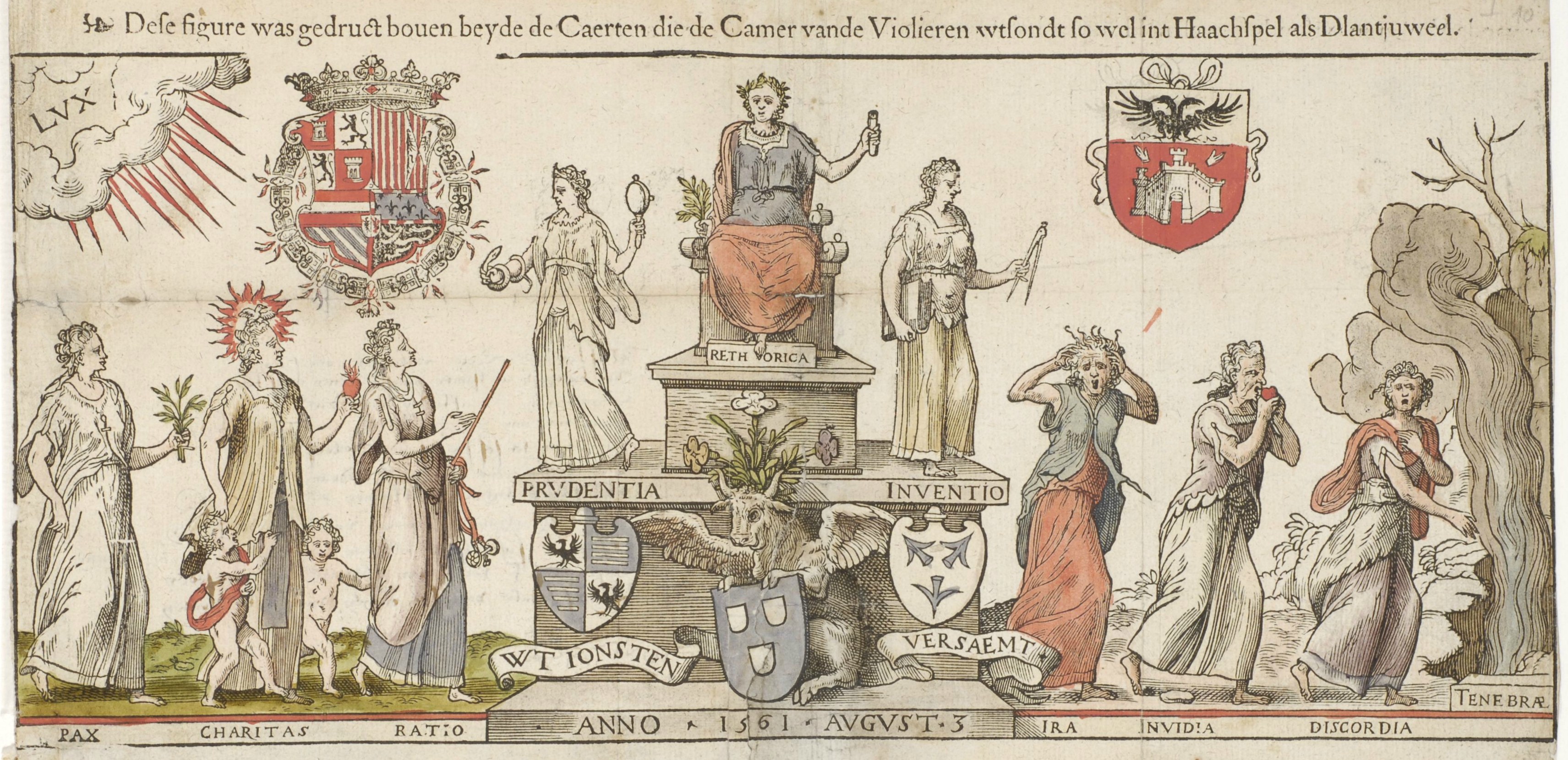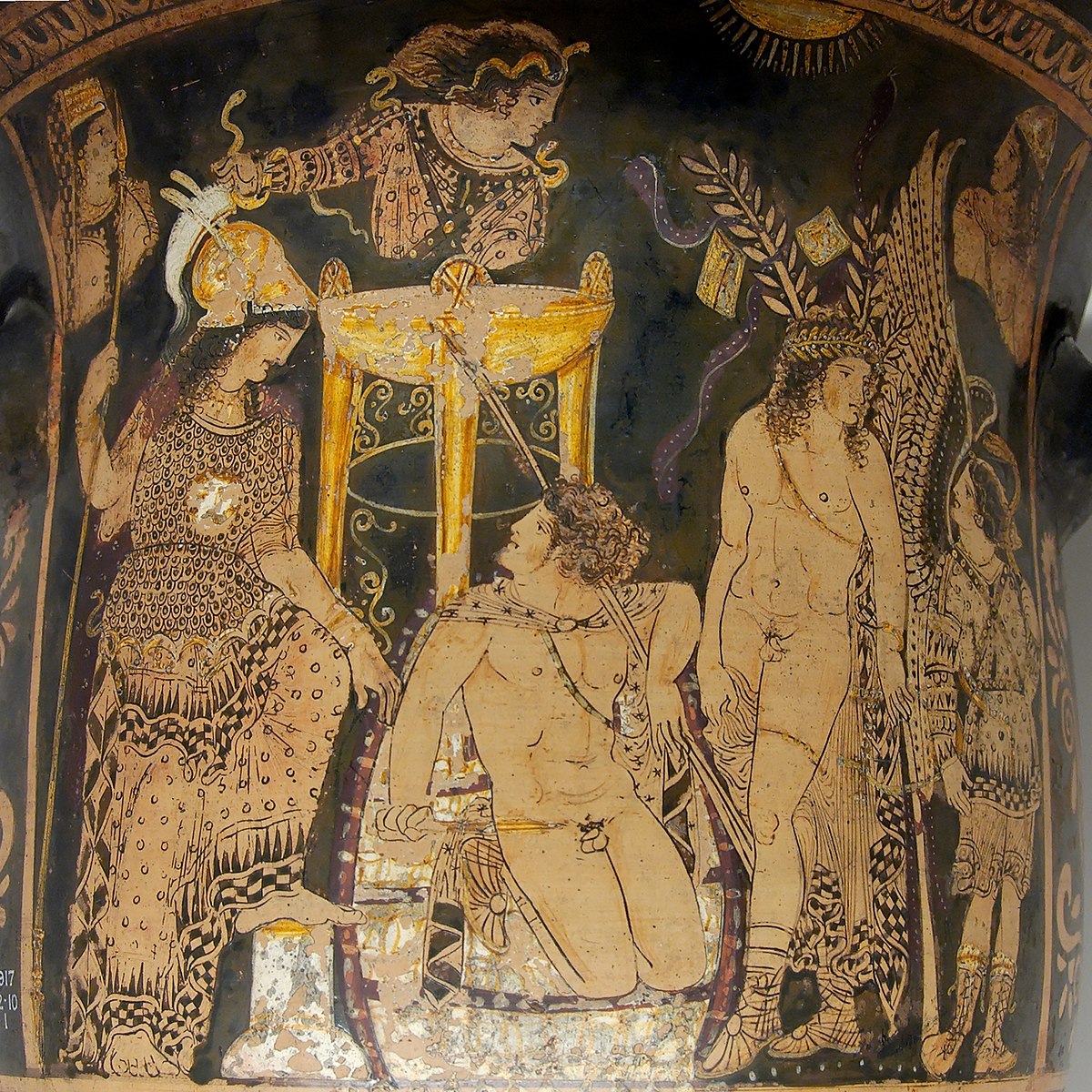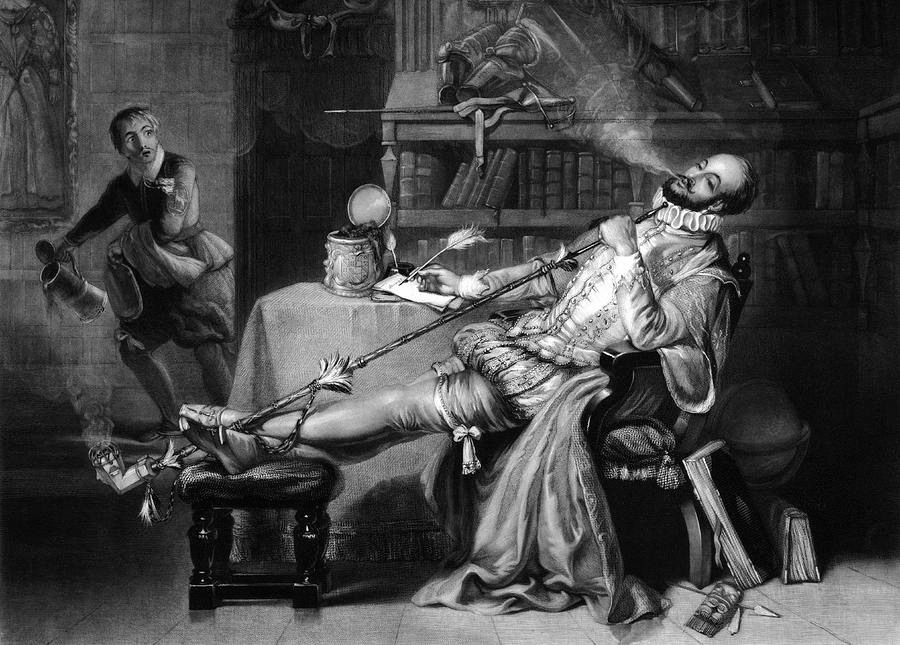Translated by Rachel Thomas. Edited by Carl Raschke. The following is the second part of a series of translated fragments (or “short prose”) from the writings of Walter Benjamin, beginning


CRITICAL THEORY | SOCIAL ANALYSIS | POLITICAL PHILOSOPHY AND THEOLOGY

Translated by Rachel Thomas. Edited by Carl Raschke. The following is the second part of a series of translated fragments (or “short prose”) from the writings of Walter Benjamin, beginning

Jacques Derrida theorized in an interview on “The Rhetoric of Drugs”: The production and distribution of drugs are, of course, primarily organized by right-wing forces or regimes, by a certain

The following is part of a series of responses to Joshua Ramey’s book, Politics of Divination. You can read our interview with Ramey here. You can read Carl Raschke’s response

Christian political theology has a problem, which for want of imagination I dub its “Greek problem.” Michael Walzer highlighted the essence of this problem in his stimulating book In God’s

Drugs and spices have long been at the center of global trade, but the concept of “drug” in its modern, Western sense is particularly derived from interactions with cultural “others.”